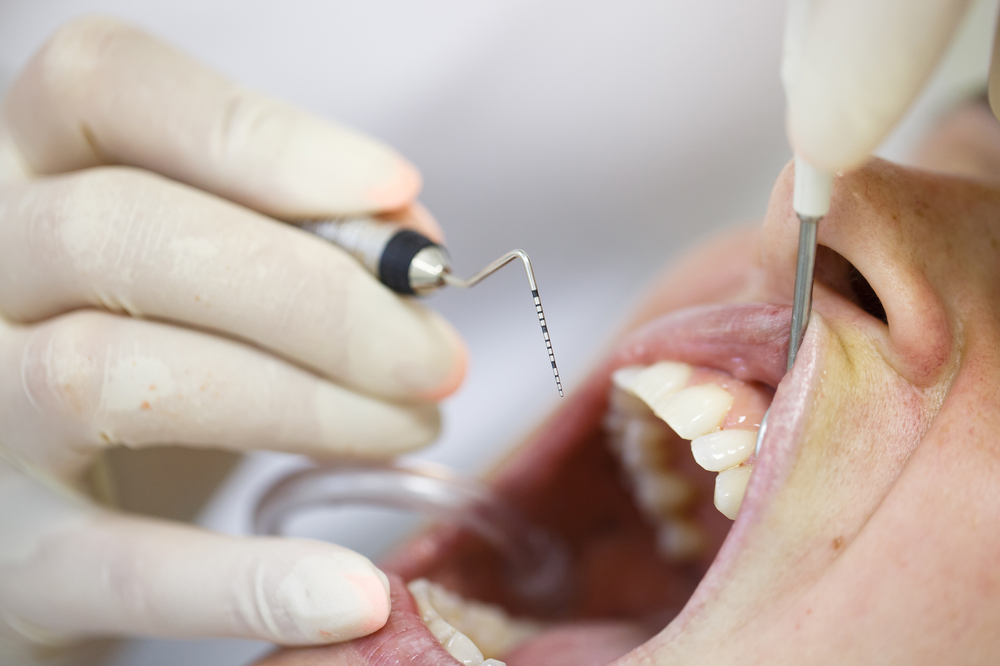
Gum disease affects a great many people across the United States. Brushing and flossing your teeth every day is essential to staving off the effects of periodontists. Even if you care for your teeth, you can still develop this disease. You may want to consult with your periodontist to see what you can do to improve the state of your teeth. Dr. Gregg Codelli and the rest of the staff at Codelli Periodontics & Implants have a few suggestions.
Regular Checkups
You should see a dental professional every six months at the very least. Your periodontist can monitor your teeth to make sure the gum disease is not progressing. Dr. Codelli can also help you develop a treatment plan to get ahead of any issues, and this is easier to do when you are receiving regular dental maintenance.
Root Planing and Scaling
This is when a dental professional removes the buildup of plaque from the surface of the teeth. It is a detailed cleaning process that helps to not only clean the surface of the teeth but also below the gum line. If your gums are receding, this may help them to reattach to the teeth.
Surgery
When other treatment options have not helped to improve the state of the teeth, surgery may be necessary. This may come up as a recommendation if the gums are suffering from severe recession or deep pockets that are not healing properly.
Laser Therapy
Modern treatments for gum disease now include laser therapy, such as Laser Assisted New Attachment Procedure, also known as LANAP®. This is an FDA-cleared treatment that is a less painful, less invasive option over traditional gum surgery. Dr. Codelli can help you determine if laser therapy may be beneficial in your situation.
Schedule a Visit Right Away
Just because you have gum disease, that does not mean you are out of options. This disease is quite common, but it is manageable if you visit your periodontist regularly and maintain your oral health. If you are ready for your next dental visit, contact our office to schedule an appointment.

